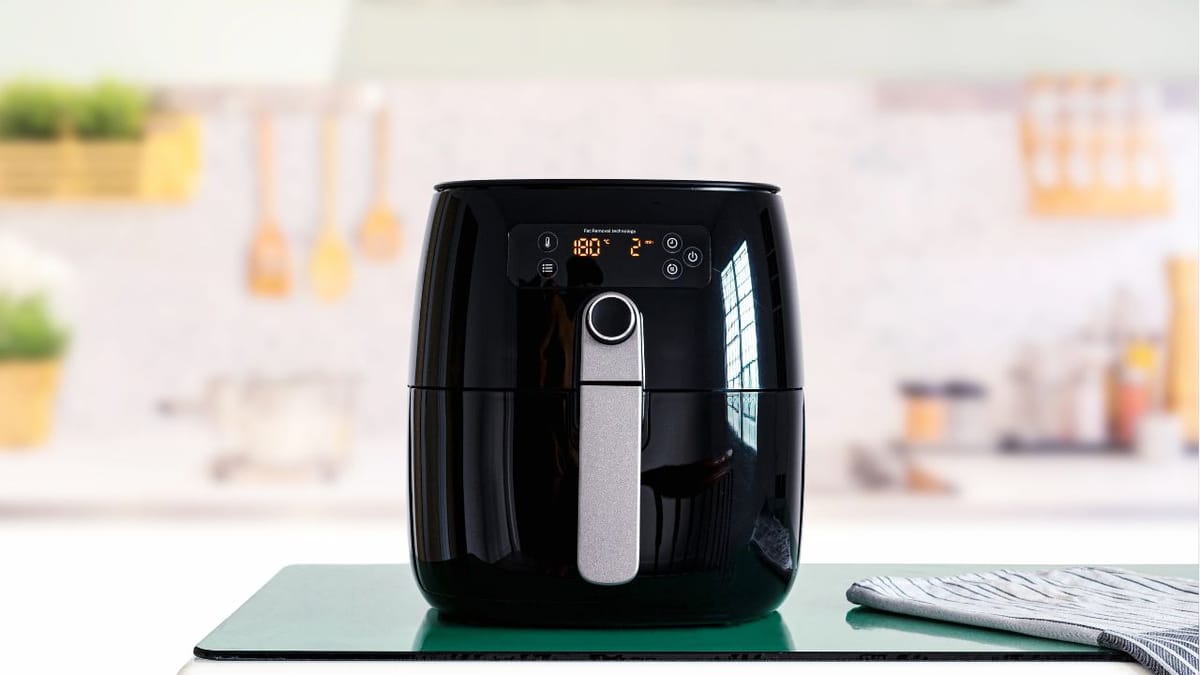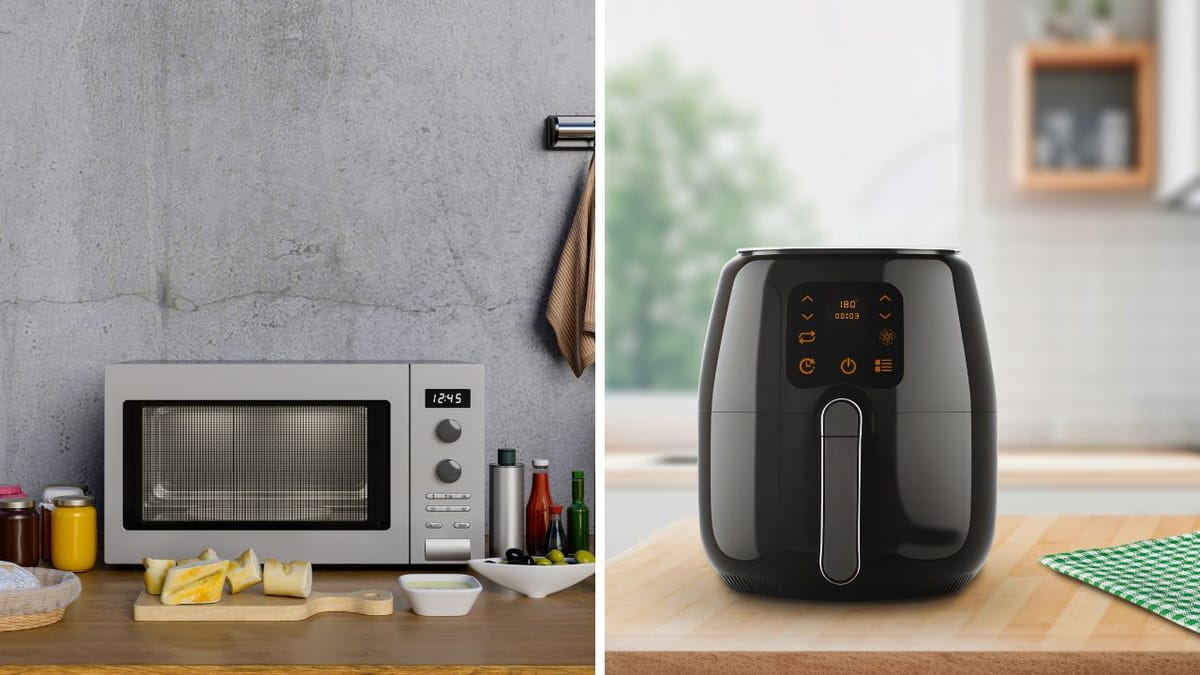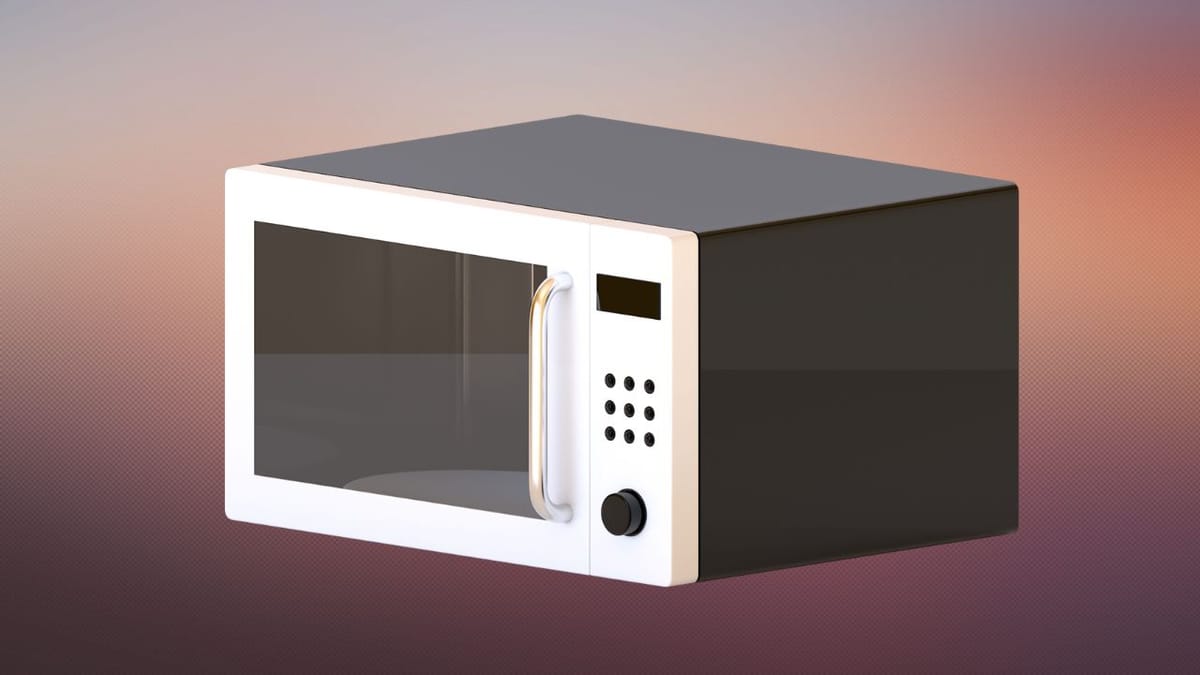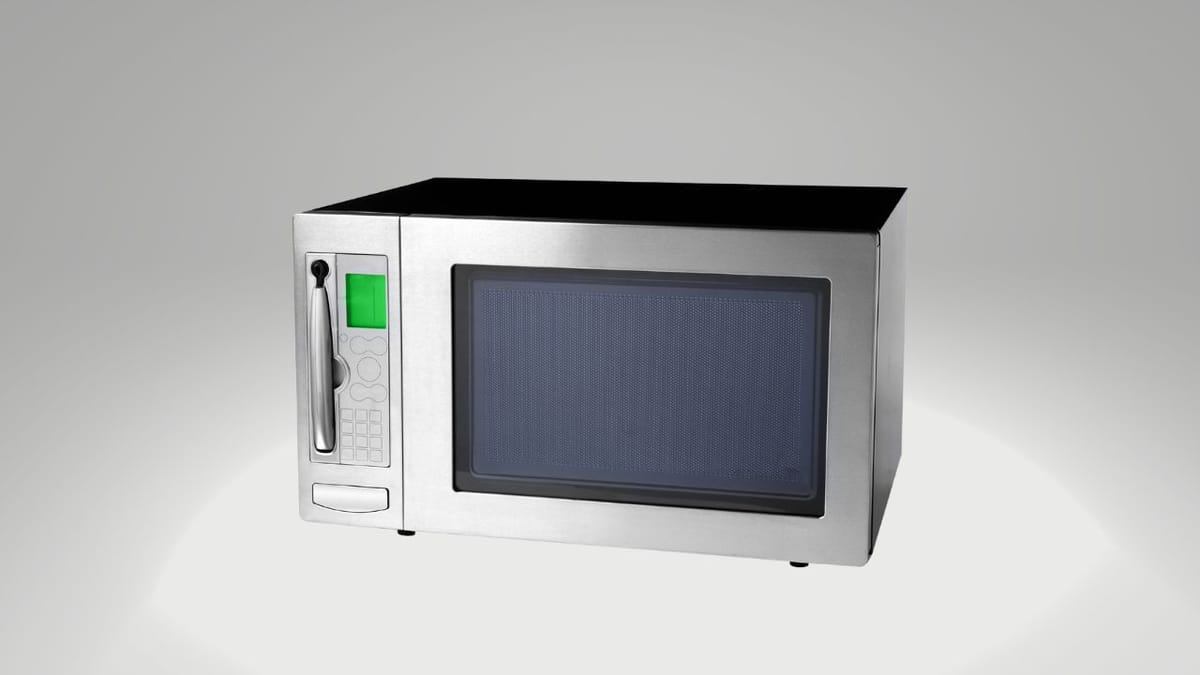Table of Contents
When it comes to modern kitchen appliances, the air fryer and convection microwave are both popular choices for cooking and reheating food. But which one is the better option for your culinary needs? This comprehensive guide will delve into the functionalities, benefits, and drawbacks of both appliances to help you make an informed decision. Finally, even though you can get these appliances each as separate unit they can also be purchased together as a microwave air fryer combo.
Key Takeaways:
- Understand the fundamental differences between air fryers and convection microwaves.
- Learn about the health benefits and cooking efficiency of each appliance.
- Discover which appliance might be the best fit for your specific cooking habits and kitchen space.
With detailed and rigorous research, we provide our readers with the finest recommendations. Our recommendations are our opinions. Our cause is backed by reader support- for every click made through one of our affiliates links, a commission may be earned at no extra expense to you! As an Amazon Associate, Reviewsopedia may earn a commission from qualifying purchases. Thank you and enjoy!
What is an Air Fryer and How Does it Work?
An air fryer is a compact, countertop kitchen appliance that cooks by circulating hot air around the food. This method, known as convection, creates a crispy layer on the outside while keeping the inside tender. Air fryers require little to no oil, making them a healthier alternative to traditional deep frying. They are designed to simulate the taste and texture of fried foods without the excess calories and fats.
The Mechanics of a Convection Microwave
Convection microwaves, on the other hand, combine the quick cooking features of a standard microwave with a convection oven's ability to brown and crisp food. They are equipped with a fan and heating element that circulate hot air around the food, similar to an air fryer, but with the added capability to microwave. This dual functionality allows for a variety of cooking methods, including baking, roasting, and even grilling.
Cooking Efficiency Compared
When it comes to cooking efficiency, both appliances have their merits. Air fryers heat up quickly and can cook food faster than a traditional oven, thanks to the concentrated heat and minimal preheating time. They are ideal for small to medium-sized portions and excel at giving foods a fried texture. Convection microwaves also cook food quickly and can handle larger dishes, making them suitable for family meals and more diverse cooking tasks.
Health Benefits: Air Fryer vs. Convection Microwave
Health-conscious individuals often prefer air fryers because they reduce the need for oil, which can lower the overall fat content of the food. This can be particularly beneficial for those looking to cut calories without sacrificing the taste and texture of fried foods. Convection microwaves do not inherently reduce fat content but can cook food more evenly and thoroughly, which is essential for food safety and nutrition retention.
Versatility in the Kitchen
Versatility is a significant factor when choosing between an air fryer and a convection microwave. Air fryers are primarily known for their ability to 'fry' foods, but many models also offer baking, roasting, and grilling functions. Convection microwaves can perform all the tasks of a regular microwave, plus the added benefit of convection cooking, making them a more versatile all-in-one appliance.
Space and Convenience Considerations
Kitchen space is a valuable commodity, and the size of your appliance can be a deciding factor. Air fryers are generally more compact and can easily fit on a countertop without taking up too much space. Convection microwaves tend to be larger and may require more room, but they can replace both a microwave and a conventional oven, potentially freeing up space elsewhere.
Energy Consumption and Cost
Energy efficiency is another consideration. Air fryers typically consume less energy than convection microwaves because they are smaller and cook food faster. This can lead to lower electricity bills over time. However, the initial cost of an air fryer is usually lower than that of a convection microwave, which may influence your decision if budget is a concern.
Ease of Use and Cleaning
Ease of use is crucial for any kitchen appliance. Air fryers often have simple interfaces with preset cooking modes, making them user-friendly. They are also easy to clean, with many models featuring dishwasher-safe parts. Convection microwaves can be slightly more complex due to their dual functionality, but they are still relatively straightforward to operate. Cleaning can be more involved, especially if food splatters during microwave use.
Longevity and Durability
The longevity and durability of your appliance are important for long-term satisfaction. Air fryers are relatively new on the market, and their lifespan can vary depending on the brand and model. Convection microwaves have been around longer and are generally built to last, with many models offering extended warranties and proven track records of reliability.
Personal Cooking Needs and Preferences
Ultimately, the decision between an air fryer and a convection microwave comes down to personal cooking needs and preferences. If you frequently enjoy fried foods and are looking for a healthier alternative, an air fryer may be the better choice. If you value versatility and the ability to cook larger meals more efficiently, a convection microwave could be the way to go.
Summary
Choosing between an air fryer and a convection microwave depends on various factors, including cooking efficiency, health benefits, versatility, space, cost, ease of use, and personal preferences. Both appliances offer unique advantages, and the best choice will align with your specific needs and cooking habits.
FAQ Section
Can an air fryer replace a convection microwave?
While an air fryer can perform many of the same cooking functions as a convection microwave, it cannot completely replace it due to the microwave's ability to quickly heat and defrost food.
Is food cooked in an air fryer healthier than food cooked in a convection microwave?
Food cooked in an air fryer can be healthier because it requires less oil, which reduces the overall fat content. However, both appliances can cook food in a way that retains nutrients and ensures food safety.
Which appliance is better for a small kitchen with limited space?
An air fryer is generally more compact and better suited for small kitchens with limited counter space. However, if you need the functionality of both a microwave and an oven, a convection microwave might be a more efficient use of space.
Other Related Articles



















